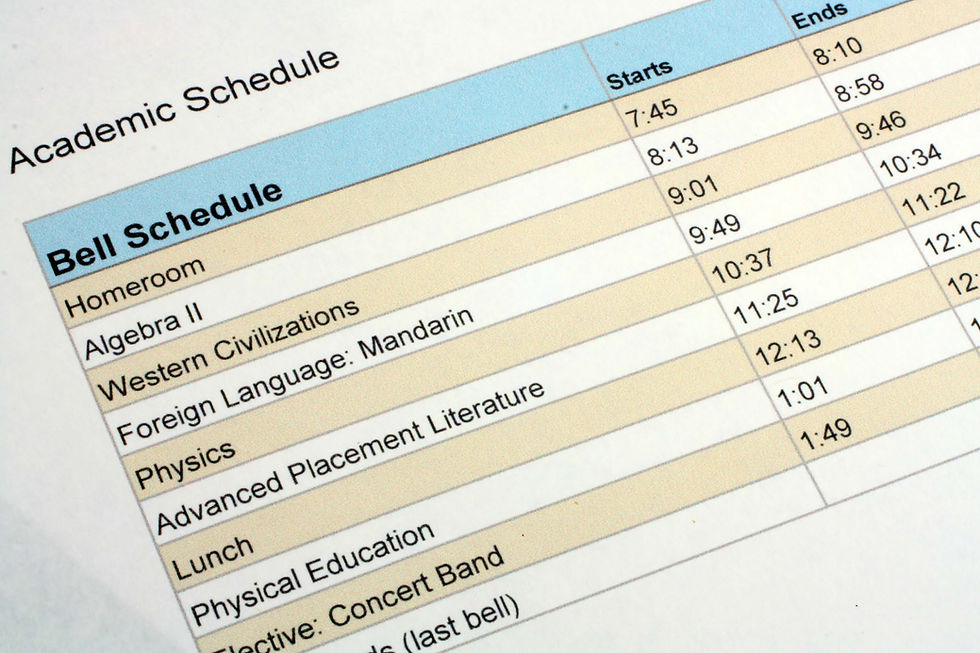Surprised to be deferred? This may explain why.
- Alison Merzel

- Dec 16, 2020
- 2 min read
In a previous post, I explained the difference in terminology between "defer"and "waitlist" - some schools use them interchangeably but others use them in different ways. As students begin to hear back from their Early Action schools, they may receive a defer decision.
If your application is deferred from a school where your academic profile was highly competitive and the acceptance rate suggested a "likely" admit outcome, you may be surprised by the reason:
Schools sometimes use the defer decision on highly competitive students to manage their yield, the percentage of students that accept the offer of admission to enroll. If you are applying to a school with an overall profile that exceeds that of the typical student, it is possible that the admissions office is trying to hedge - they may not think you will enroll, so they will offer a defer decision and wait to see what you do. If you are truly interested in enrolling in the school, you can send a Letter of Continued Interest and provide them with your latest grades and any additional information you want them to have. Many students decline the opportunity to stay on the waitlist. Your active engagement with their office and expression of continued interest can help move you to an admit status in the spring, once they are confident that you really are intent to enroll if they offer you a spot in the class. This is of course not always going to work out, but for many students it can result in a positive outcome.
In a more traditional sense, the waitlist is used to manage enrollment as admitted students begin to accept or decline the offers of admission. If more students are declining the admission offers, it gives the school the chance to fill in those spots from the waitlist. In this case it is even more important for you to provide them with any updated information that can strengthen your candidacy (new grades and/or test scores, new accomplishments/achievements) and to reiterate your interest.
If you are curious about the waitlist outcomes from previous admissions cycles, you can google the Common Data Set for the school of interest and scroll to section C: First-Time First-Year (Freshman) Admission and review the data.
The most competitive schools in the country typically will not defer many students because they don't have to. Last year, Stanford accepted just 4% of the overall applicant pool. They extended 750 offers for the waitlist out of 47,498 applications and guess how many students were offered a spot off the waitlist - EIGHT.



